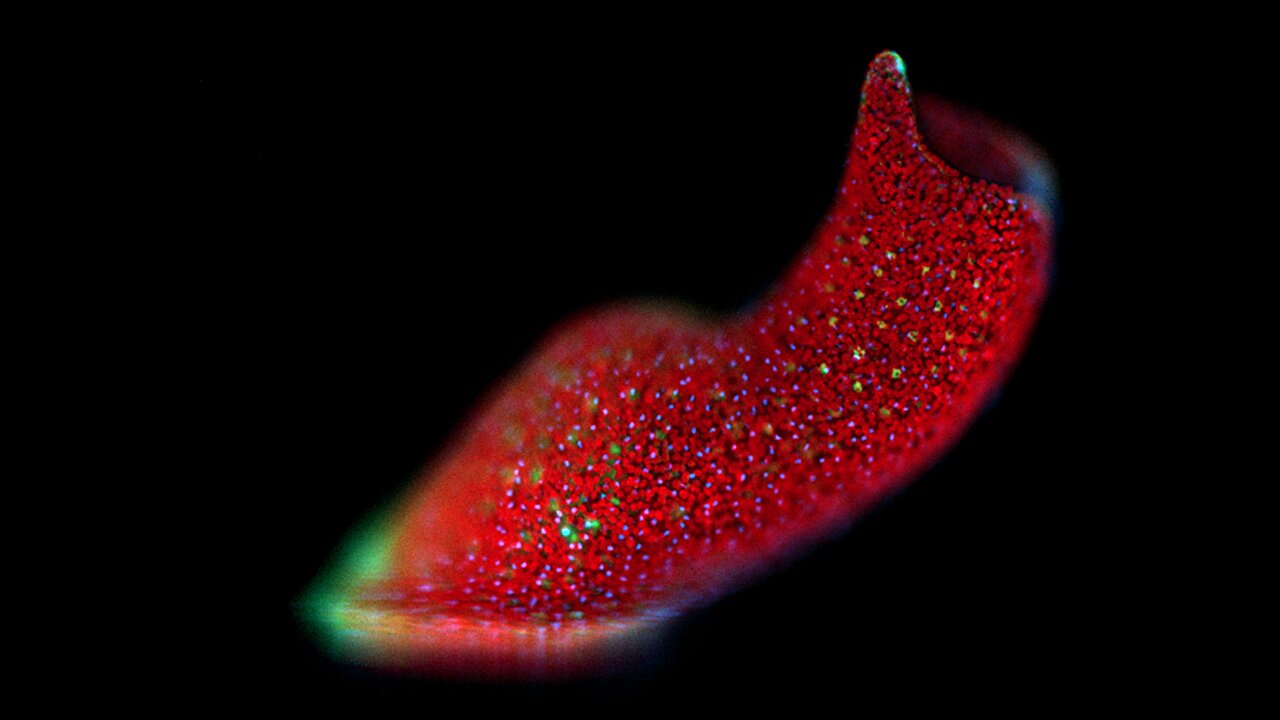Heat Stress and Molecular Aging
Exposure to extreme heat is linked to molecular changes signaling accelerated aging. This conclusion was drawn by scientists who studied the DNA markers of over 3,800 people aged 56 and older. The research results were presented at the Gerontological Society of America meeting and published in Nature.
During periods of extreme heat, the heart and kidneys work harder, and cognitive abilities may deteriorate. The new study reveals that high temperatures can impact the body even at the molecular level.
Heat Stress: Study Methodology
For the analysis, scientists used “epigenetic clocks” — chemical changes in DNA that accumulate with age. These markers have previously been linked to environmental stress, pregnancy, and certain diseases. DNA marker data was compared with temperature maps from the United States for the years 2016–2017. Researchers examined how the number of hot days, with temperatures (factoring in humidity) exceeding 26.7°C or 32.2°C, affected the molecular age of participants.
Key Findings
The results showed that people living in areas with frequent hot days had a “higher” molecular age than those in cooler conditions.
- Every 10% increase in the number of hot days added 0.12 years to the molecular age.
- Long-term heat exposure over several years accelerated biological aging, but short-term exposure (several days or months) did not show a similar effect.
- This study is unique because it evaluates biological markers as a whole, rather than focusing solely on the effects like diseases or mortality.
“The increasing heat due to climate change makes this study critically important for global science,” noted the research team.






